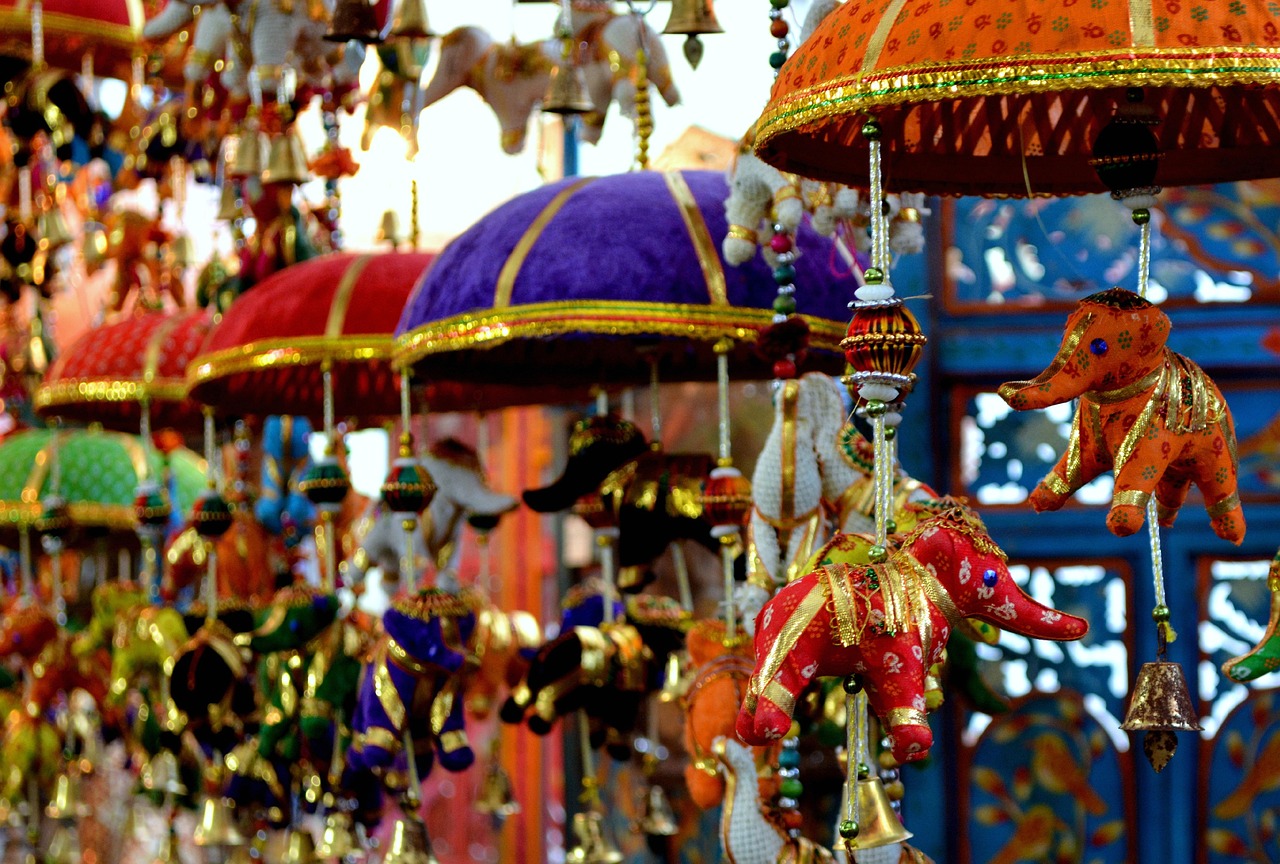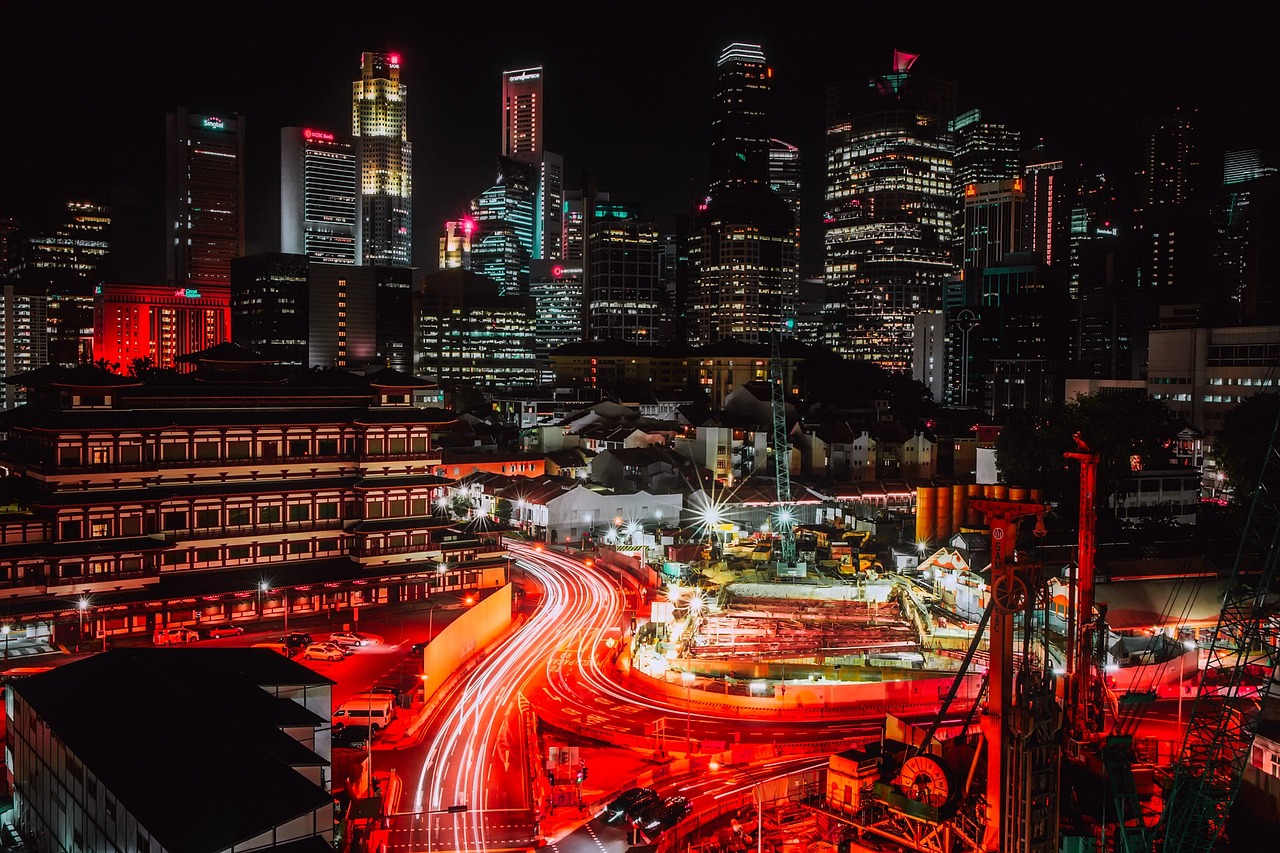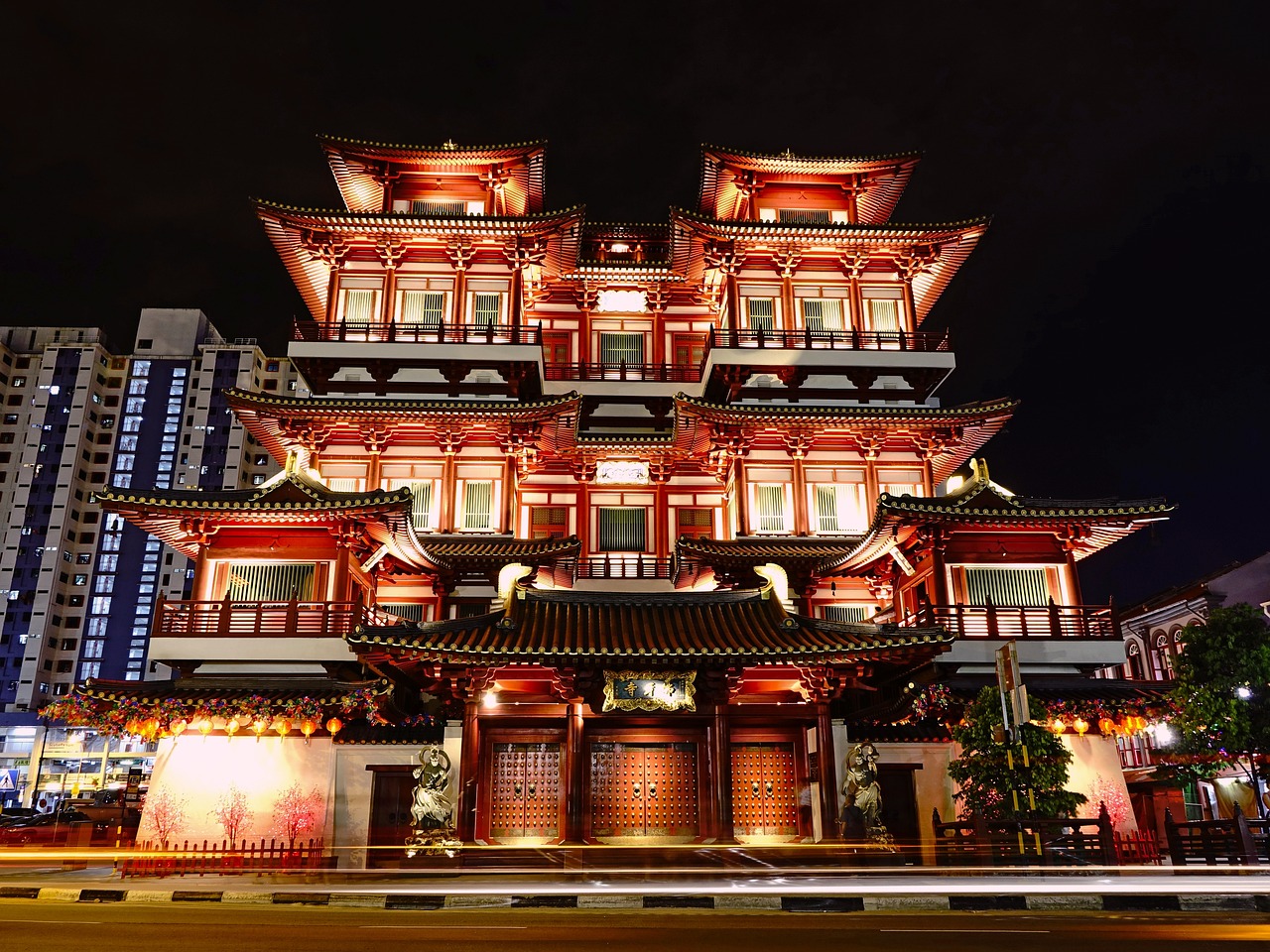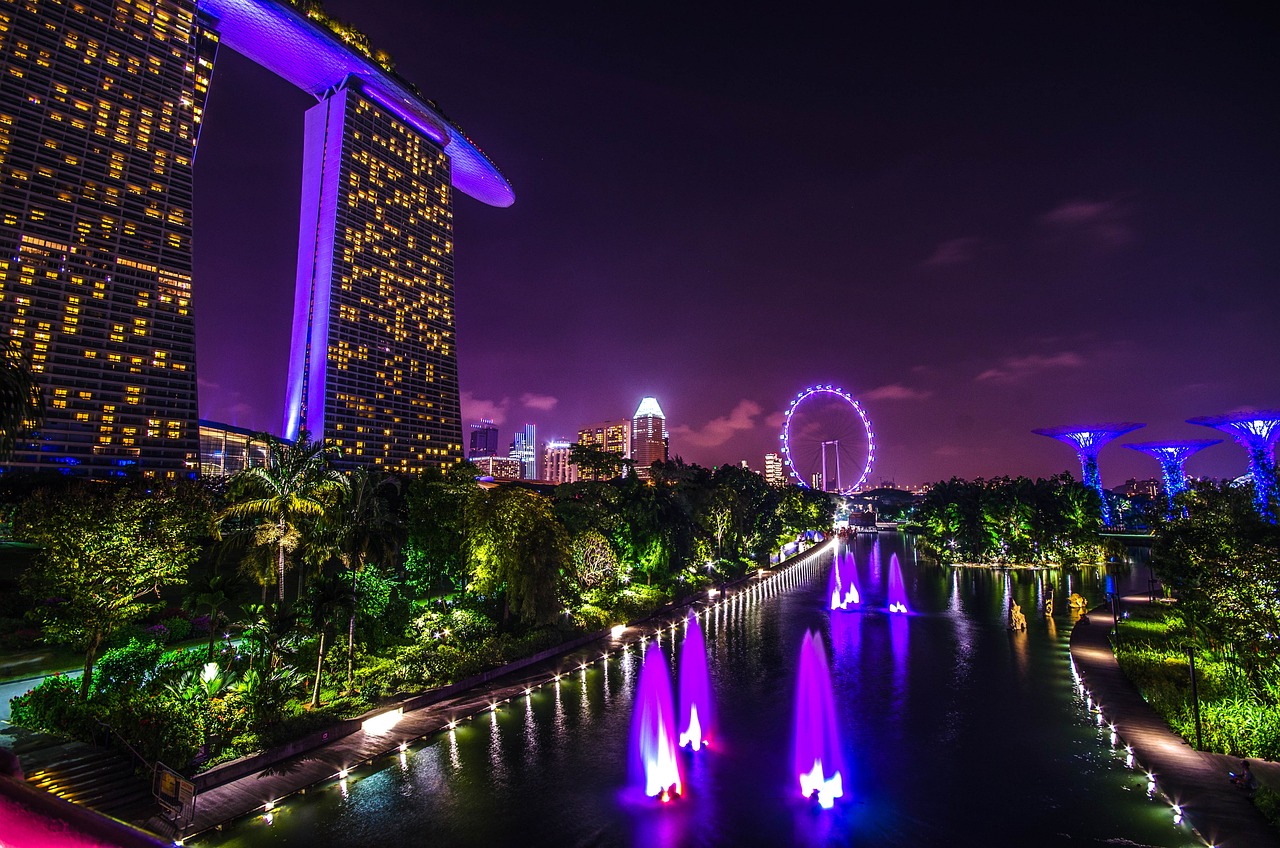Cultural Sensitivities: Understanding Local Norms in Singapore
Singapore is a multicultural city-state known for its diverse community and rich heritage. As a visitor or expatriate in Singapore, it is essential to understand and respect the local norms and cultural sensitivities. This article aims to provide a comprehensive guide to navigating Singaporean culture, highlighting important aspects to consider during your stay.
Section 1: Greetings and Etiquette
When interacting with locals in Singapore, it is customary to greet them with a handshake. However, if you are meeting someone of Chinese descent, a slight bow or nod is also acceptable. It is important to address people using their appropriate titles, such as Mr., Mrs., or Miss, followed by their last name, unless they specify otherwise.
- Body Language: Maintain an appropriate level of physical contact during conversations. Avoid prolonged eye contact, as it may be considered impolite.
- Gift Giving: When invited to someone’s home, it is customary to bring a small gift, such as chocolates or flowers. Avoid giving items associated with mourning, such as white flowers.
- Dining Etiquette: When dining with locals, wait for the host to start eating before you begin. Use utensils appropriately, and avoid placing chopsticks upright in a bowl, as it is reminiscent of funeral rituals.
- Language: English is widely spoken in Singapore, but locals also use Mandarin, Malay, and Tamil. It is polite to learn a few basic phrases in the local languages.
Section 2: Religious Diversity
Singapore is home to several religious communities, including Buddhism, Christianity, Islam, Hinduism, and Taoism. Religious tolerance is highly valued, and it is important to respect the customs and practices of different faiths.
- Places of Worship: Singapore has numerous temples, churches, mosques, and other religious sites. When visiting these places, dress modestly and remove your shoes if required.
- Religious Festivals: Singapore celebrates various religious festivals throughout the year, such as Chinese New Year, Hari Raya Puasa, Deepavali, and Christmas. It is acceptable to participate in these celebrations as a respectful observer.
- Food Restrictions: Some religious communities have dietary restrictions. For example, Muslims follow halal food practices, while Hindus avoid consuming beef. Be mindful of these preferences when dining or attending social events.
- Respecting Rituals: If you encounter religious rituals or ceremonies, observe quietly and refrain from interrupting or taking photographs unless explicitly permitted.
Section 3: Dress Code and Modesty
Singapore has a generally conservative dress code, influenced by its multicultural society. While there are no strict rules, it is advisable to dress modestly and respectfully, especially when visiting religious sites or attending formal events.
- Modest Attire: Avoid wearing revealing clothing, short skirts, or sleeveless tops in public places. Opt for modest and comfortable attire to show respect for local customs.
- Beachwear: While it is acceptable to wear swimwear at beaches and pools, it is advisable to cover up when leaving these areas to maintain modesty.
- Business Attire: In professional settings, dressing formally is common practice. Men typically wear suits, while women opt for business attire or conservative dresses.
- Temples and Religious Sites: When visiting religious sites, dress modestly and avoid wearing shorts, tank tops, or revealing clothing. Carry a shawl or sarong to cover up if necessary.
Singapore Image 1:

Section 4: Dining Customs
Food plays a significant role in Singaporean culture, and dining customs reflect this importance. Understanding local dining etiquette will enhance your dining experience and show respect for Singaporean traditions.
- Singaporean Cuisine: Singapore offers a wide variety of culinary delights influenced by Chinese, Malay, Indian, and Western cuisines. Embrace the local flavors and try traditional dishes like Hainanese chicken rice, laksa, and roti prata.
- Hawker Centers: Hawker centers are popular food courts where you can find affordable and delicious local food. When dining at a hawker center, it is common practice to reserve seats using tissue packets or small personal belongings.
- Chopsticks and Utensils: Chinese chopsticks are commonly used in Singaporean cuisine. If you are unfamiliar with using chopsticks, it is acceptable to request a fork and spoon. When finished eating, place your chopsticks parallel on the plate or bowl.
- Sharing Food: Singaporeans often share dishes during meals. It is customary to offer food to others before serving yourself. If someone offers you food, it is polite to accept with a thank you.
Section 5: Social Etiquette
Singaporeans value harmony and social cohesion. Understanding the social etiquette will help you navigate social interactions and build meaningful connections during your time in Singapore.
- Punctuality: Being punctual is highly regarded in Singapore. Arrive on time for appointments, meetings, and social gatherings to show respect for others’ time.
- Respecting Personal Space: Singaporeans appreciate personal space and tend to maintain a comfortable distance during conversations. Avoid standing too close to others unless necessary.
- Queuing: Queuing is an important aspect of Singaporean culture. Whether it’s waiting for public transportation or ordering food, join the queue and wait patiently for your turn.
- Respecting Elders: In Singaporean culture, respecting elders is highly valued. Address older individuals with their appropriate titles and show deference in your interactions.
Section 6: Festivals and Celebrations
Singapore is renowned for its vibrant festivals and celebrations that showcase the diversity of its cultural heritage. Participating in these events will give you a deeper understanding of Singaporean traditions and foster cultural appreciation.
- Chinese New Year: Chinese New Year is one of the most significant festivals in Singapore. It is celebrated with lion dances, lantern displays, and family gatherings. Red packets (ang baos) with money are often exchanged during this time.
- Hari Raya Puasa: Hari Raya Puasa marks the end of Ramadan and is celebrated by Muslims in Singapore. It is a time of feasting, prayer, and visiting family and friends.
- Deepavali: Deepavali, also known as the Festival of Lights, is celebrated by the Indian community in Singapore. It involves lighting oil lamps, wearing new clothes, and enjoying traditional Indian sweets.
- Christmas: Christmas is widely celebrated in Singapore, with beautifully decorated streets and shopping malls. Many locals embrace the festive spirit and exchange gifts during this time.
Singapore Image 2:

Section 7: Cultural Taboos
To ensure a positive and respectful experience in Singapore, it is important to be aware of certain cultural taboos and avoid behaviors that may be considered offensive or disrespectful.
- Pointing with Feet: Pointing at someone or something with your feet is considered impolite in Singaporean culture. Use your hands or gestures instead.
- Disrespecting Religious Symbols: Treat religious symbols and artifacts with respect. Avoid touching or photographing them without permission.
- Public Displays of Affection: Singaporeans generally avoid public displays of affection. Keep romantic gestures private to respect local sensibilities.
- Chewing Gum: The sale and import of chewing gum are restricted in Singapore. Avoid chewing gum in public places to comply with local regulations.
Section 8: Environmental Awareness
Singapore places great emphasis on environmental sustainability and cleanliness. Show respect for the city-state and its residents by adhering to environmental guidelines and being mindful of your actions.
- Littering: Singapore has strict laws against littering. Dispose of trash in designated bins and avoid throwing cigarette butts on the ground.
- Smoking: Smoking is prohibited in most public areas, including restaurants, shopping malls, and public transportation. Look for designated smoking areas if you need to smoke.
- Water Conservation: Singapore has limited water resources. Conserve water by using it sparingly and turning off taps when not in use.
- Recycling: Singapore encourages recycling. Separate recyclable items from general waste and dispose of them in designated recycling bins.
Section 9: Language and Communication
Language plays a vital role in communication and understanding local norms in Singapore. While English is widely spoken, familiarizing yourself with local languages and communication styles can enhance your interactions.
- Singlish: Singlish refers to the unique blend of English, Mandarin, Malay, and Tamil spoken in Singapore. Familiarize yourself with common Singlish phrases to better understand local conversations.
- Formal Language: In formal settings, Singaporeans use standard English with proper grammar and vocabulary. Adjust your communication style accordingly.
- Non-Verbal Communication: Pay attention to non-verbal cues during conversations. Singaporeans may use subtle gestures or facial expressions to convey meaning or agreement.
- Politeness: Politeness is highly valued in Singaporean culture. Use polite language, such as “please” and “thank you,” to show respect in your interactions.
Singapore Image 3:

Section 10: Public Behavior
Singapore is known for its cleanliness and orderliness. To maintain the city-state’s reputation, it is important to adhere to public behavior guidelines and respect local regulations.
- Chewing and Eating in Public Transportation: Eating and drinking are generally not allowed on public transportation in Singapore. Consume your food or drinks before boarding or at designated areas.
- Noise Levels: Singaporeans value peace and quiet. Keep noise levels to a minimum, especially in residential areas and public spaces.
- Public Nudity: Public nudity is strictly prohibited in Singapore. Ensure that your attire is appropriate and covers essential body parts.
- Public Transportation Etiquette: Give up your seat to the elderly, pregnant women, or individuals with disabilities when using public transportation. Queue and wait for your turn to board buses and trains.
Section 11: Cultural Diversity and Integration
Singapore’s cultural diversity is one of its greatest strengths. Embrace the multicultural environment and engage with different communities to foster understanding and integration.
- Cultural Events: Attend cultural events and festivals organized by various communities to learn more about their traditions and customs.
- Community Engagement: Volunteer or participate in community activities to contribute to Singaporean society and build connections with locals.
- Respectful Curiosity: Ask questions and show interest in other cultures, but do so respectfully. Avoid making assumptions or generalizations.
- Open-mindedness: Embrace the diversity of opinions and perspectives in Singapore. Engage in open-minded discussions to broaden your understanding.
Section 12: Conclusion
Understanding and respecting local norms and cultural sensitivities in Singapore is essential for a positive and enriching experience. By familiarizing yourself with greetings and etiquette, religious diversity, dress codes, dining customs, social etiquette, festivals, and more, you can navigate Singaporean culture with ease and show respect for its traditions. Remember to be mindful of your actions, language, and behavior, and embrace the opportunity to learn from and engage with Singapore’s multicultural society.
References
– visitsingapore.com
– singaporeguidebook.com
– yoursingapore.com
– timeout.com/singapore

